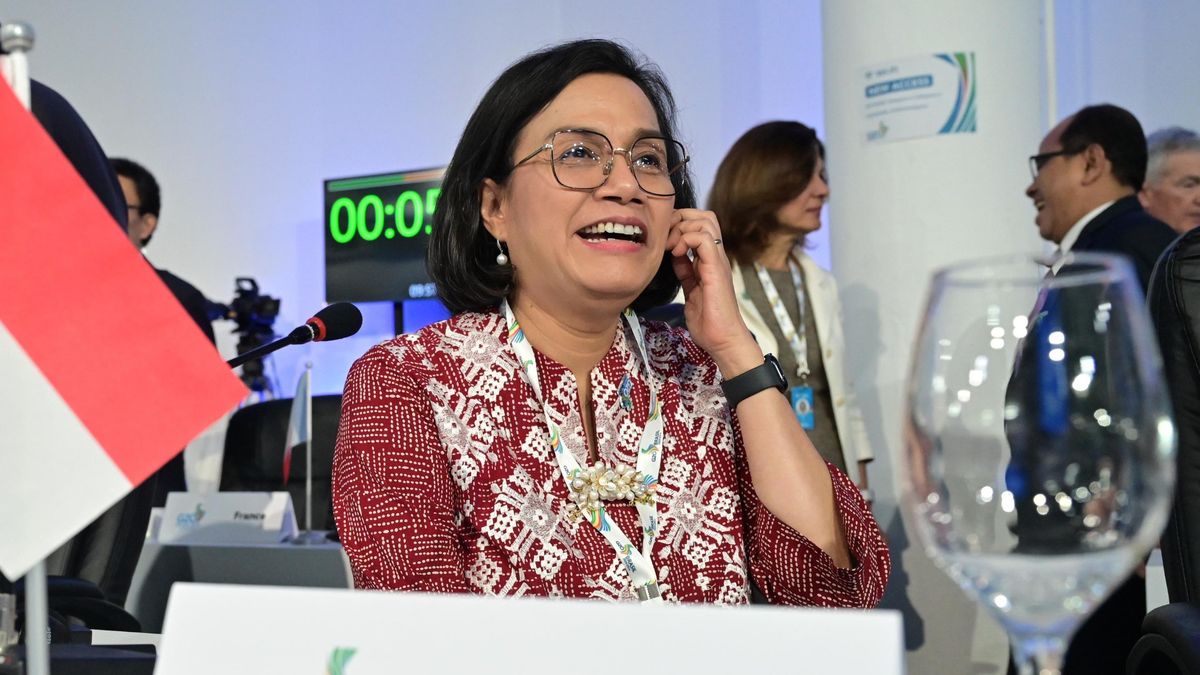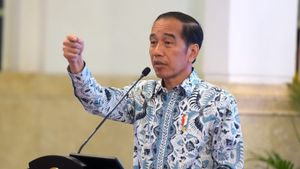JAKARTA - Finance Minister Sri Mulyani Indrawati assessed that currently the trend of declining global interest rates will be slightly restrained, even though the trend of global inflation has begun to show a decline compared to its peak period in 2022 to 2023.
"This causes global interest rate pressures to remain relatively high, there is hope that interest rates in developed countries will begin to decline, but hopefully this will be slightly braked," he said on the agenda of BRI Microfinance 2024 in Jakarta, Thursday, March 7, 2024.
Sri Mulyani conveyed that the assessment was based on the results of discussions at the Meeting of the Minister of Finance and the Governor of the Central Bank (Finance Ministers and Central Bank Governments, FMCBG), a member of the Brazilian G20 last week.
According to Sri Mulyani, central banks such as the United States or the Fed or Europe, see that the inflation rate and several other factors are still considered quite high.
Therefore, the country's interest rate policy will still wait until inflation is believed to have actually dropped.
"High interest rates for a long period of time or a higher for a longer period of course also suppress inflation," he said.
In addition, Sri Mulyani said, global economic fragmentation also suppresses the manufacturing Purchasing Managers Index (PMI) in various countries, including in developed countries, which are still experiencing contractive PMI.
SEE ALSO:
As a result of these various factors, global economic growth in 2024 will still be weak or has not recovered compared to last year.
"The Minister of Finance and the Governor of the Central Bank of the G20 in Brazil discussed how this global issue will affect the economic performance of not only the G20 countries but also the world," he said.
Sri Mulyani added that this global issue will affect the economic performance of not only the G20 countries but also the world, protectionism and high interest rates are associated with financial system stability and also the performance of non-bank institutions.
The English, Chinese, Japanese, Arabic, and French versions are automatically generated by the AI. So there may still be inaccuracies in translating, please always see Indonesian as our main language. (system supported by DigitalSiber.id)














